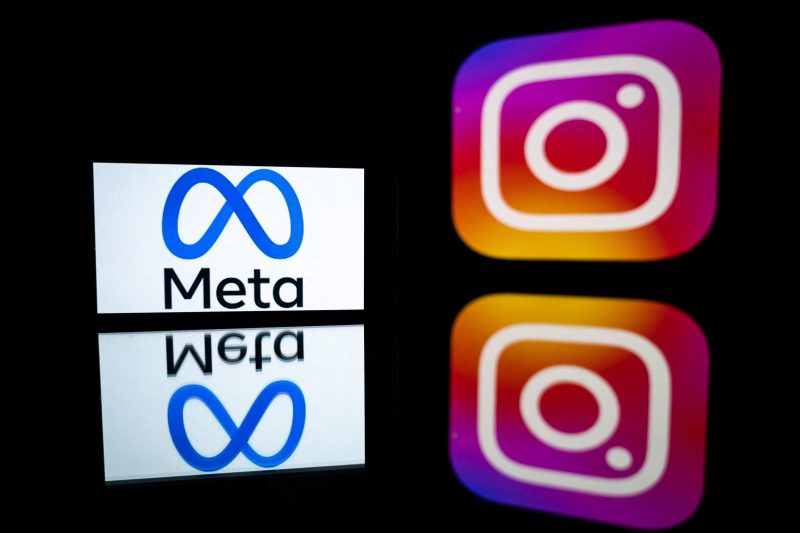The recent decision by the Supreme Court to allow White House officials to engage with social media companies has sparked debates across the nation. This ruling has significant implications for the relationship between the government and big tech companies, as well as the broader issues of free speech and online censorship.
One of the main arguments in favor of allowing White House contacts with social media firms is the need for transparency and accountability. As social media platforms have grown in influence and power, their decisions on content moderation and censorship have increasingly come under scrutiny. Allowing government officials to engage with these companies could provide a level of oversight and ensure that these decisions are made in a fair and transparent manner.
On the other hand, opponents of the Supreme Court’s ruling argue that it could lead to government interference in the free flow of information online. By allowing White House officials to influence social media policies, there is a risk that certain viewpoints or voices could be suppressed, leading to censorship and the stifling of open discourse.
Furthermore, concerns have been raised about the potential for conflicts of interest if government officials are allowed to interact with social media companies. With many questions surrounding the influence of big tech on politics and vice versa, the decision to permit such contacts could raise ethical and legal issues regarding the separation of powers and the independence of these platforms.
In addition to these debates, the ruling also raises questions about the role of social media in shaping public opinion and political discourse. With the ability to reach billions of users worldwide, these platforms have become powerful tools for shaping public opinion and influencing political outcomes. Allowing White House officials to engage with social media companies could further blur the lines between government and private entities, potentially changing the dynamics of our democracy.
Overall, the Supreme Court’s decision to permit White House contacts with social media firms highlights the complex and evolving relationship between technology, politics, and free speech. As we navigate this new digital landscape, it is crucial to strike a balance between transparency and accountability on one hand, and the protection of free expression and open discourse on the other. The implications of this ruling will undoubtedly continue to shape the future of online communication and influence the broader debates on democracy and governance in the digital age.
